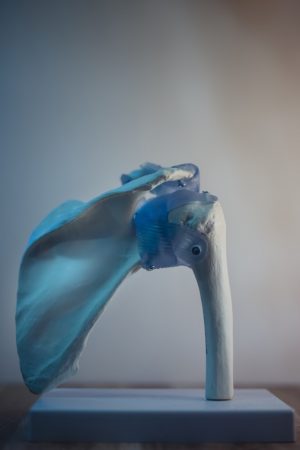Featured Products
- In-Stock Tumor Cell Lines
- Human Orbital Fibroblasts
- Human Microglia
- Human Pulmonary Alveolar Epithelial Cells
- Human Colonic Fibroblasts
- Human Type II Alveolar Epithelial Cells
- Human Valvular Interstitial Cells
- Human Thyroid Epithelial Cells
- C57BL/6 Mouse Dermal Fibroblasts
- Human Alveolar Macrophages
- Human Dermal Fibroblasts, Adult
- Human Lung Fibroblasts, Adult
- Human Retinal Muller Cells
- Human Articular Chondrocytes
- Human Retinal Pigment Epithelial Cells
- Human Pancreatic Islets of Langerhans Cells
- Human Kidney Podocyte Cells
- Human Renal Proximal Tubule Cells
Primary Cells
Explore Products



 Human Chondrocytes (Osteoarthritis), also known as HC-OA, are primary human cells isolated from the articular cartilage of individuals diagnosed with osteoarthritis, typically adults, though exact donor age and gender are often unspecified. Osteoarthritis is a degenerative joint disease characterized by the breakdown of cartilage due to the overproduction of extracellular matrix-degrading enzymes. These fibroblast-like cells exhibit an adherent growth pattern and typically show a polygonal to elongated morphology in culture. Although they initially respond to cartilage injury with increased activity, they fail to regenerate the damaged tissue effectively. Instead, they enter a terminal differentiation process, followed by apoptosis, which contributes to cartilage calcification, mimicking endochondral ossification. Karyotype analysis is not always routinely provided, and these cells are not tumorigenic.
Human Chondrocytes (Osteoarthritis), also known as HC-OA, are primary human cells isolated from the articular cartilage of individuals diagnosed with osteoarthritis, typically adults, though exact donor age and gender are often unspecified. Osteoarthritis is a degenerative joint disease characterized by the breakdown of cartilage due to the overproduction of extracellular matrix-degrading enzymes. These fibroblast-like cells exhibit an adherent growth pattern and typically show a polygonal to elongated morphology in culture. Although they initially respond to cartilage injury with increased activity, they fail to regenerate the damaged tissue effectively. Instead, they enter a terminal differentiation process, followed by apoptosis, which contributes to cartilage calcification, mimicking endochondral ossification. Karyotype analysis is not always routinely provided, and these cells are not tumorigenic.